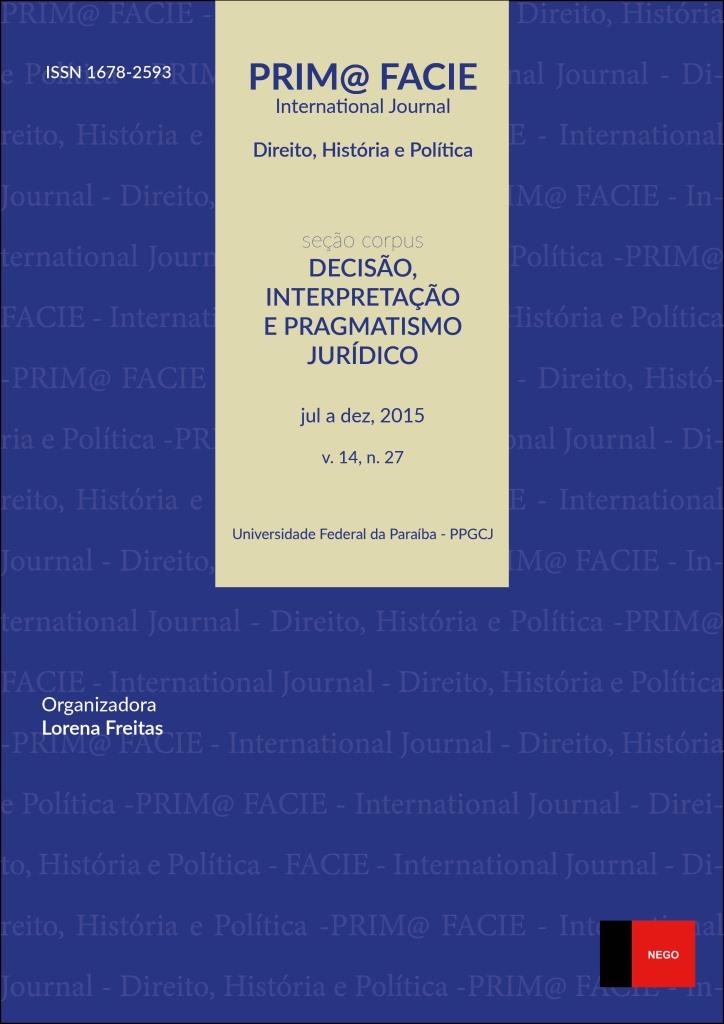Social Dumping as a New Challenge Emerging from Teleworking: Delineation and Theoretical Alternatives about Its Issues
Keywords:
Globalization, New Technologies of Information, Information Society.Abstract
The use of information and communication technologies has produced countless transformations in the way of being in the world, with visible consequences in various segments, especially in impact on labor relations and the economy. The work mediated by technology not only reduces the time and costs of production, as well is more flexible in the processes to waive the physical presence of the worker in the enterprise space, as in teleworking. But aside from the numerous benefits arising from the use of technology there are so many to negative impacts, including the potential use of telework as social dumping mechanism topic discussed throughout this article. To this end, it chose a deductive approach and theme of the dialectic, contrasting advantages and risks arising from the use of information and communication technologies in the workplace. The use of this methodological approach it was established that teleworking may constitute social dumping mechanism, producing reflections and negative effects that go beyond the actors directly involved in the employment relationship, hitting businesses and workers in other countries. This situation is a new challenge especially in view of the absence of specific legislation in Brazil. Such absence can not serve as justification for the suppression of workers’ rights, focusing on the resolution of conflicts from the use of protective principles and the renewed role of the unions, alternatives that can contribute to addressing the issues until the advent of so awaited legislation to regulate telework.Downloads
Download data is not yet available.
Downloads
Published
2016-02-22
How to Cite
PAULI DE MENEZES, C. P.; NEDEL, N. K.; DA SILVA, R. L. Social Dumping as a New Challenge Emerging from Teleworking: Delineation and Theoretical Alternatives about Its Issues. Prim@ Facie - Law, History and Politics, [S. l.], v. 14, n. 27, p. 01–29, 2016. Disponível em: https://periodicos.ufpb.br/ojs/index.php/primafacie/article/view/25901. Acesso em: 23 nov. 2024.
Issue
Section
Articles


